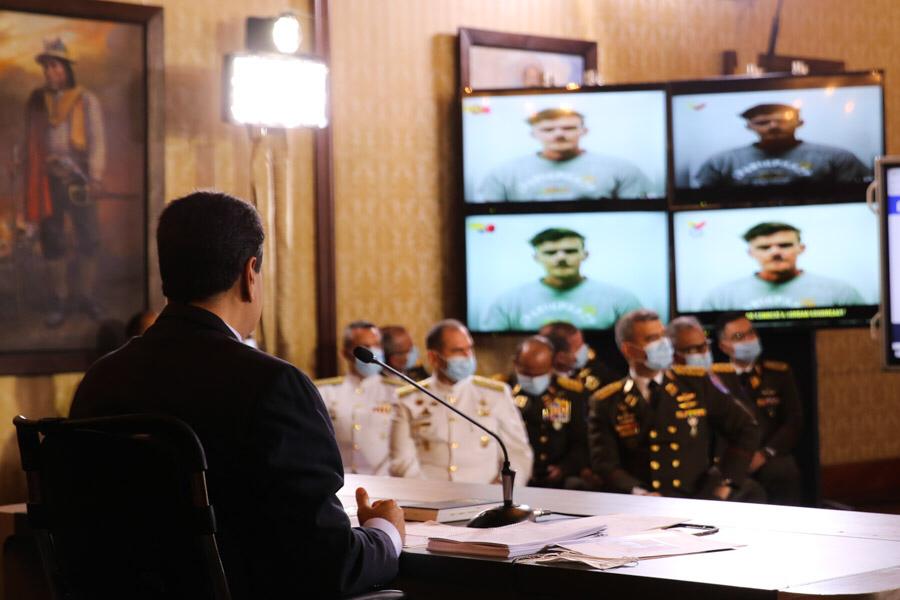
(Argus, 8.May.2020) — A sweeping proposal to draw investment into an Opec nation would normally turn some heads. That is what Venezuela’s US-backed political opposition had been expecting when it rolled out the final draft of a comprehensive hydrocarbons reform bill last week.
But in the time it takes to steer a fishing boat onto a Venezuelan beach, the bold plan flamed out.
The 42-page proposal, released on 29 April, echoes Mexico’s 2014 energy reform by streamlining Venezuela’s national oil company PdV, establishing upstream tenders, setting up a regulatory agency and offering fiscal terms to attract private capital that would revitalize the industry.
The plan was drafted by seasoned Venezuelan exiles who serve as informal technical advisers to opposition leader Juan Guaido. Most cannot afford to give up their day jobs to work pro bono for his Western-recognized parallel administration. But with the hope of returning or working in a future government, they have been quietly contributing to reconstruction plans for the “Day After,” when Venezuela’s president Nicolas Maduro is pushed out.
A foreshadowing of the imbroglio that would soon engulf the opposition came on 27 April, when the Maduro government’s PdV restructuring commission leaked preliminary recommendations that broadly mirrored the Guaido team’s pro-investment blueprint released two days later. Despite some differences, both initiatives are anchored on the notion that oil companies will rush into Venezuela once more competitive conditions are laid out.
No sooner had the opposition begun to promote the virtues of its own oil plan than word leaked out of weekend incursions by Venezuelan soldiers exiled in Colombia and led by US mercenaries. Suddenly Maduro was brandishing the passports of two US military veterans detained along with a clutch of disaffected soldiers in a plot to capture and deliver him to the US.
After denying any ties to the episode and disavowing a $212.9mn contract with US private security firm Silvercorp to capture Maduro, Guaido and his team have now gone quiet. A National Assembly session scheduled for yesterday (7 May) was suspended. In Washington, US secretary of state Mike Pompeo insisted there was no “direct” US involvement, because “if we were involved, it would have gone differently.”
Even if the bungled coup plot had never been hatched, the oil reform bill was unlikely to have sparked too much enthusiasm in the wake of the oil market collapse in March. And depending on what the world looks like after the Covid-19 pandemic, a reconstruction plan anchored on fossil fuels risks sounding like an anachronism.
As for the Trump administration’s “maximum pressure” campaign against Maduro, and the political opposition it has groomed to replace him, time is running out. US voters go to the polls in November, and elections for the opposition-controlled National Assembly headed by Guaido must take place by year’s end.
In Caracas, Maduro now has his very own Bay of Pigs, akin to the spectacular 1961 debacle that has helped to sustain Cuba for decades. A “day after” scenario for Venezuela is looking a lot more remote. So do the chances that oil will save it.
By Patricia Garip, Editor
***

